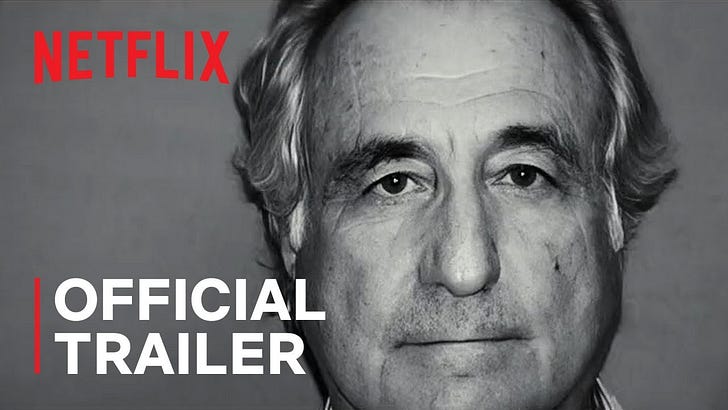Ponzi Schemes: Fraud You Can Avoid
Ponzi Schemes are a type of fraud which consists of the fraudster paying their existing clients/investors, with funds collected from new clients. It is generally purported as a scheme in which there is a promise of high returns with a small amount of risk. These schemes generally meet their end when the well dries up, meaning that there are no new investors that are suckered into the charade, and so the “returns” promised to the existing investors can not be delivered anymore.
This type of fraud got the name “Ponzi Schemes” after Charles Ponzi, engaged in a scheme to dupe his investors of $15 million inside 8 months. And this was in 1920, so that is a very big sum. His promise was to invest and profit from international postal reply coupons, which doesn’t actually make a difference since most of it would have been a lie. Ponzi wasn’t the first to go through with such a scam but his was so famous because of the scale and pace, that his name became immortal with it.
While you may have heard of some of this type of fraudsters, none of them is more famous than Bernie Madoff, partly because he caused damage to the tune of tens of billions of dollars, the biggest Ponzi ever uncovered. Madoff ran his scheme with stocks, falsifying trades apparently to show profits. As investors started withdrawing funds when the crisis in 2008 started, the well started running dry, and that revealed the true picture. Madoff was sentenced to 150 years in prison and died in April 2021 in jail. It is important to know that Bernie Madoff also ran a successful market-making business, which was completely legitimate. But when greed comes into the picture, all rationale for choosing between that extra million and ruin or jail time seems to go off the cliff. Read more about the nature of greed here. And if you’re interested to know the Bernie Madoff story in detail, you can watch this series.
So how do we identify potential Ponzi schemes? Well, there are some very clear markers. One, there would be a guaranteed promise of high returns with a (suspiciously) little amount of risk involved. Two, the returns would mostly flow irrespective of how the economy or the market is performing. Three, the strategy would never be disclosed in simple words. Four, the investments would not be registered with relevant authorities. Five, and this would be generally when it is too late, clients/investors start to face difficulties taking their money out.
So, stay safe folks. Don’t always chase extraordinary returns. If something seems too good to be true, it more often than not is. While that’s it for this article, you can subscribe for free to receive new posts and support my work. And do let me know if you want a specific topic covered!
P.S. You can read all my articles here.



